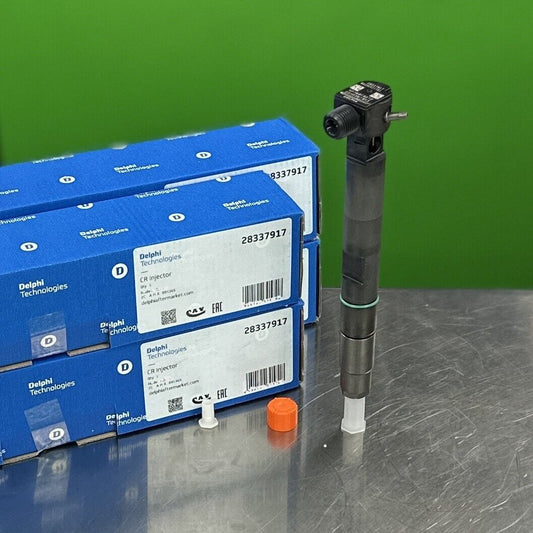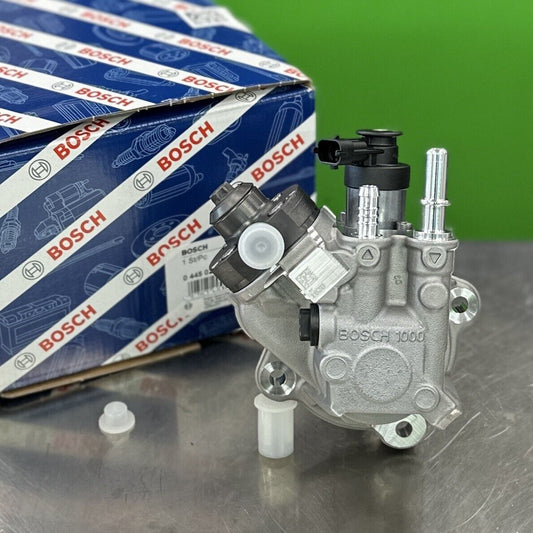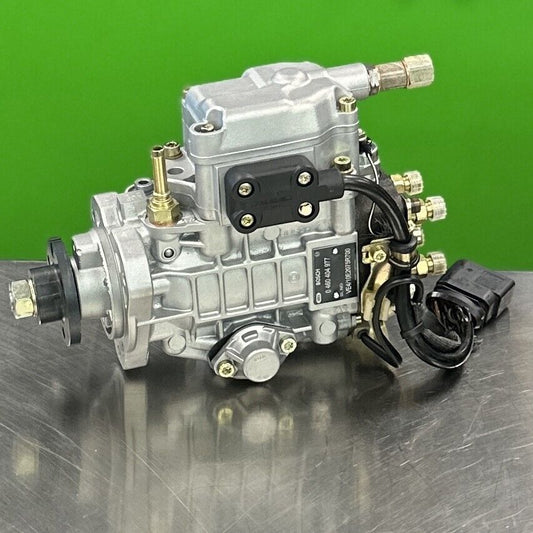How to Maintain Your Diesel Engine
Here are some tips on how to maintain your diesel engine:
- Change the oil and oil filter regularly. The oil in your diesel engine helps to lubricate and protect the moving parts. Over time, the oil breaks down and becomes less effective. Changing the oil and oil filter regularly will help to keep your diesel engine running smoothly and extend its lifespan.
- Replace the fuel filter regularly. The fuel filter in your diesel engine helps to remove dirt and other contaminants from the fuel before it enters the engine. Over time, the fuel filter can become clogged with dirt and other contaminants, which can restrict the flow of fuel and cause your diesel engine to run rough. Replacing the fuel filter regularly will help to keep your diesel engine running smoothly and protect the fuel system.
- Clean the air filter regularly. The air filter in your diesel engine helps to remove dirt and other contaminants from the air before it enters the engine. Over time, the air filter can become clogged with dirt and other contaminants, which can restrict the flow of air and cause your diesel engine to run rough. Cleaning the air filter regularly will help to keep your diesel engine running smoothly and protect the engine from damage.
- Check the coolant level regularly. The coolant in your diesel engine helps to keep the engine from overheating. Over time, the coolant level can drop due to evaporation or leaks. It's important to check the coolant level regularly and add coolant as needed.
- Inspect the hoses and belts regularly. The hoses and belts in your diesel engine are responsible for delivering fluids and power to different parts of the engine. It's important to inspect the hoses and belts regularly for signs of wear and tear. If you notice any cracks or tears in the hoses or belts, replace them immediately.
- Grease the moving parts regularly. There are a number of moving parts in your diesel engine that need to be greased regularly to reduce friction and wear. These parts include the ball joints, tie rod ends, and u-joints. It's best to consult with a qualified diesel mechanic to determine which parts need to be greased and how often.
- Use high-quality diesel fuel. The quality of the diesel fuel you use can have a big impact on the performance and lifespan of your diesel engine. It's important to use high-quality diesel fuel that meets the specifications of your engine manufacturer.
- Avoid overloading the engine. Overloading your diesel engine can put undue stress on the engine and lead to premature failure. It's important to avoid overloading your engine by following the weight capacity guidelines for your vehicle or equipment.
By following these tips, you can help to keep your diesel engine running smoothly and extend its lifespan.
Troubleshooting common diesel engine problems
Even with regular maintenance, diesel engines can sometimes experience problems. Here are some tips on how to troubleshoot common diesel engine problems:
- Hard starting: If your diesel engine is hard to start, it could be due to a number of factors, such as low fuel pressure, a weak battery, or a faulty starter. To troubleshoot a hard-starting diesel engine, first check the fuel pressure. If the fuel pressure is low, it could be caused by a clogged fuel filter, a faulty fuel pump, or a leak in the fuel system. Next, check the battery. If the battery is weak, it will not be able to provide enough power to start the engine. If the fuel pressure and battery are both good, then the problem could be with the starter.
- Black smoke: If your diesel engine is emitting black smoke, it could be due to a number of factors, such as too much fuel being injected into the engine, incomplete combustion, or a clogged air filter. To troubleshoot black smoke from a diesel engine, first check the fuel injectors. If the fuel injectors are clogged or not working properly, they can cause too much fuel to be injected into the engine. Next, check the air filter. If the air filter is clogged, it will restrict the flow of air to the engine, which can lead to incomplete combustion and black smoke.
- White smoke: If your diesel engine is emitting white smoke, it could be due to a number of factors, such as a blown head gasket, a cracked cylinder head, or a faulty injector. To troubleshoot white smoke from a diesel engine, first check the coolant level. If the coolant level is low, it could be due to a leak in the cooling system. Next, check the oil level. If the oil level is high, it could be due to a blown head gasket. If the coolant level and oil level are both good, then the problem could be with a faulty injector.
- Knocking or pinging: If your diesel engine is making a knocking or pinging noise, it could be due to a number of factors, such as low compression, faulty fuel injectors, or a bad timing chain. To troubleshoot knocking or pinging from a diesel engine, first check the compression. If the compression is low, it could be due to worn piston rings or a leaky valve. Next, check the fuel injectors. If the fuel injectors are not working properly, they can cause the engine to run lean, which can lead to knocking or pinging. Finally, check the timing chain. If the timing chain is worn or loose, it can cause the engine to run out of time, which can also lead to knocking or pinging.
If you are unable to troubleshoot the problem with your diesel engine yourself, it is best to take it to a qualified diesel mechanic. They will be able to diagnose the problem and make the necessary repairs.



